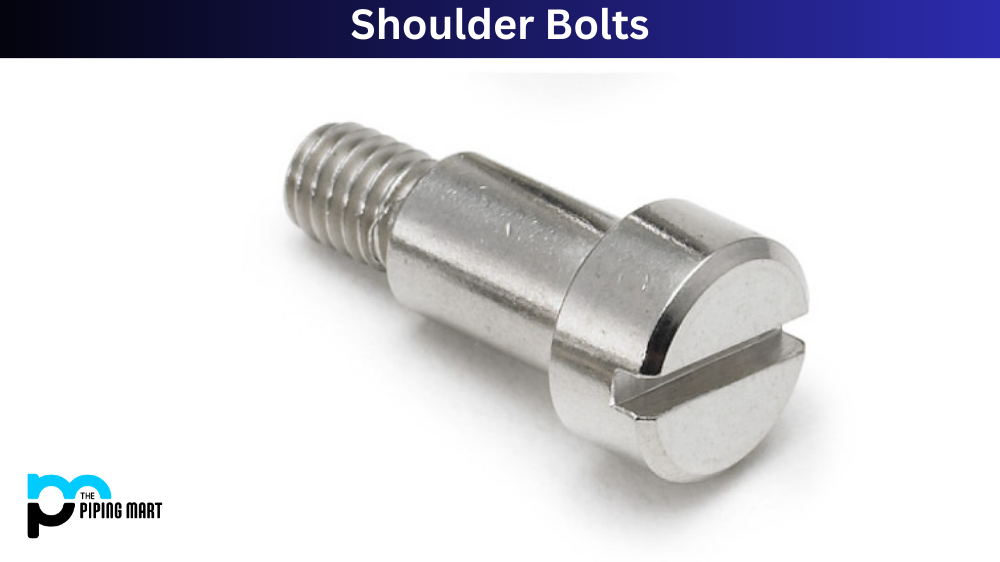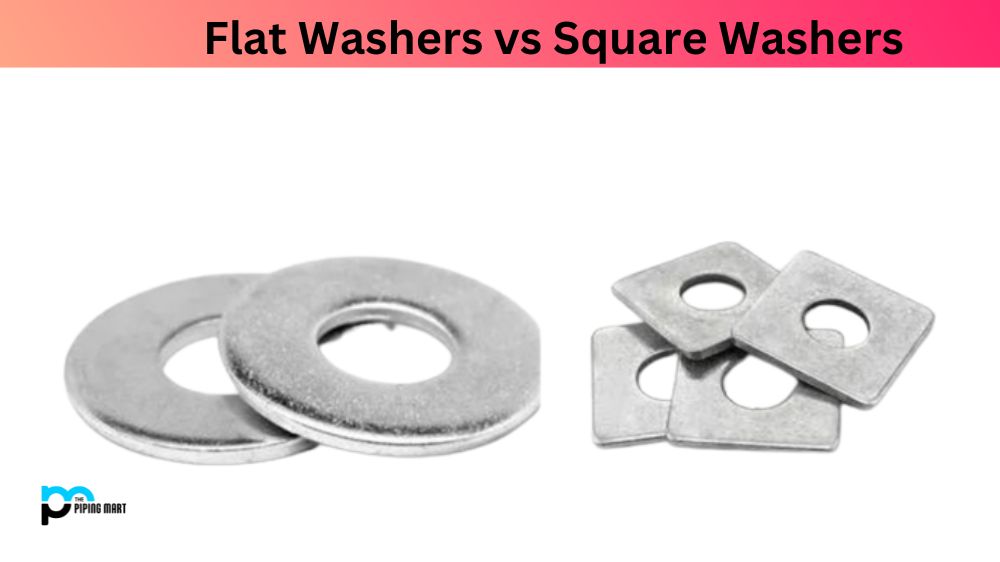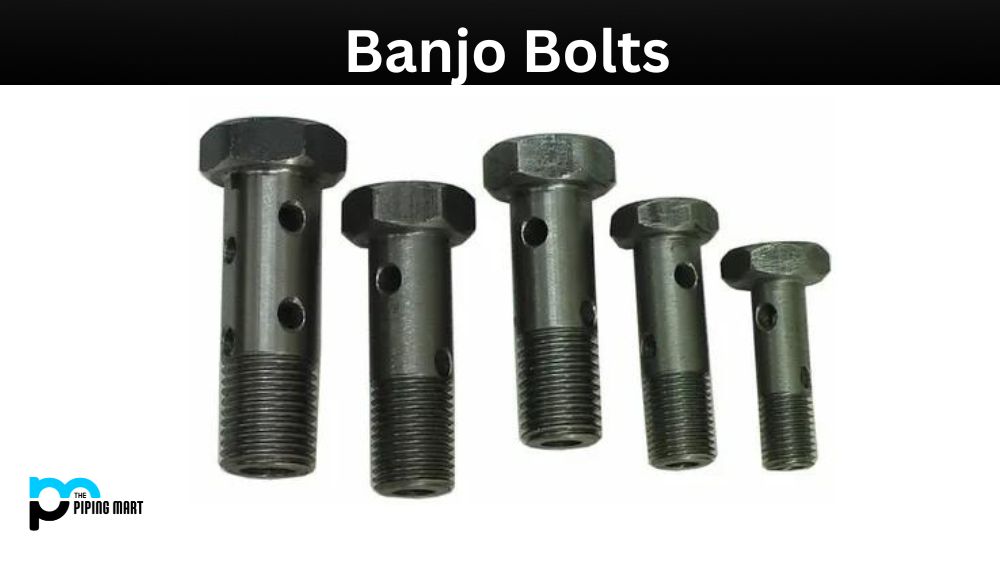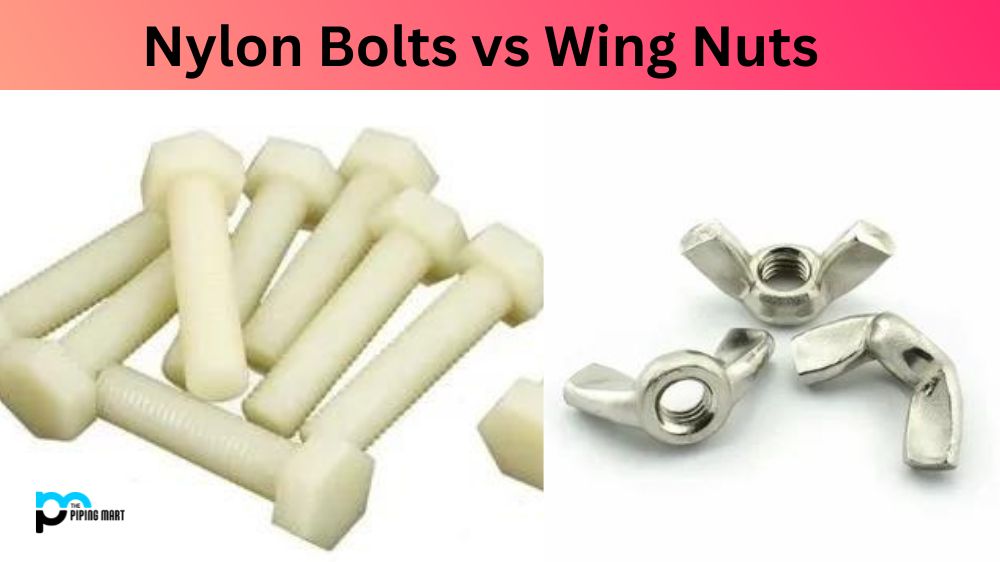Shoulder bolts are a common type of fastener used for various applications where precision alignment is essential. They are particularly useful in machinery and automotive industries where the fastening of moving parts is critical. Shoulder bolts come in various shapes and sizes, and this post will focus on the different types of shoulder bolts available on the market.
Types of Shoulder Bolts
Fully Threaded Shoulder Bolts
Fully threaded shoulder bolts, also called fully threaded screws or shoelace bolts, have threads that run the whole length of the shaft. The threads provide secure fixing strength, enhance load stress distribution and become efficient in load-bearing applications. These shoulder bolts are often used in construction, assembly, and mechanical installations.
Partial Threaded Shoulder Bolts
Partial threaded shoulder bolts are similar to fully threaded shoulder bolts. However, their threads typically only run part of the length of the shaft. These bolts are preferred for situations that require secure insertion into a threaded or tapped object. These threads are also beneficial when there is a need for a bearing surface with consistent height, stability, and orientation.
Metric Shoulder Bolts
Metric shoulder bolts are measured millimetres and manufactured to meet German and European standards. These shoulder bolts have a coarse or fine thread pattern, and the diameter and length sizes usually range from around M5 to M24 in diameter. They are commonly used in industries with assembly equipment and machinery that follows metric standards.
Imperial Shoulder Bolts
Imperial shoulder bolts are measured in inches and manufactured to meet US or British standards instead of the metric system. They typically range from 1/8″ to 1″ in diameter and length sizes. These bolts are commonly used in American and British-made equipment and machinery.
Shoulder Bolt Materials
Different materials are used in manufacturing shoulder bolts, depending on the application requirements. The materials often used for shoulder bolts include carbon steel, stainless steel, brass, and aluminium. The bolts can also be coated with corrosion-resistant platings such as zinc, cadmium, and nickel to protect the bolt from its exposed environment.
Conclusion
In conclusion, various shoulder bolts are available on the market, and each type is unique and suited for specific applications. Knowing the types of shoulder bolts can help you choose the appropriate fastener required for your specific application. However, remember that factors such as length size, diameter size, thread pattern, and material composition play a crucial role in determining the quality and functionality of shoulder bolts. Always consider these factors before making a final purchase.

A passionate metal industry expert and blogger. With over 5 years of experience in the field, Palak brings a wealth of knowledge and insight to her writing. Whether discussing the latest trends in the metal industry or sharing tips, she is dedicated to helping others succeed in the metal industry.




